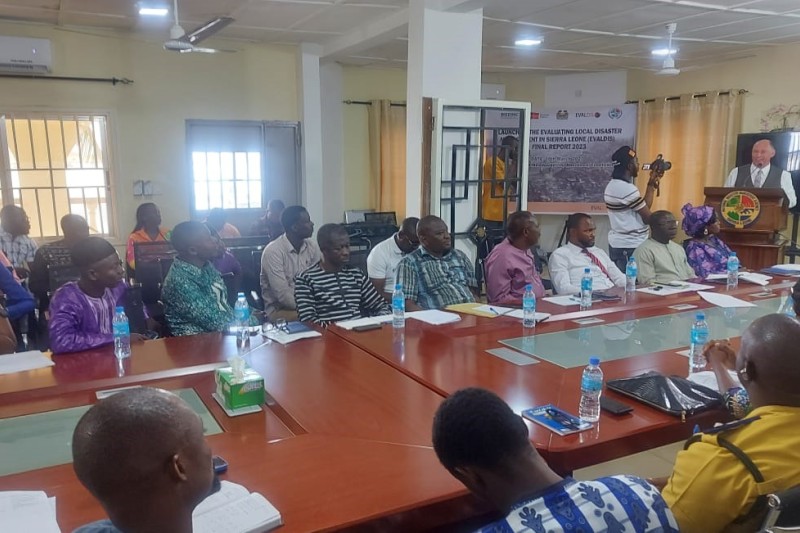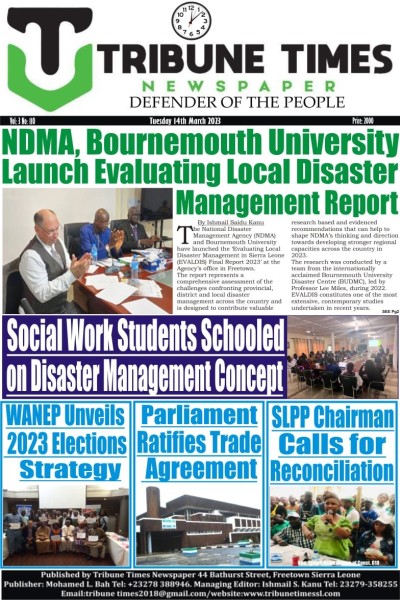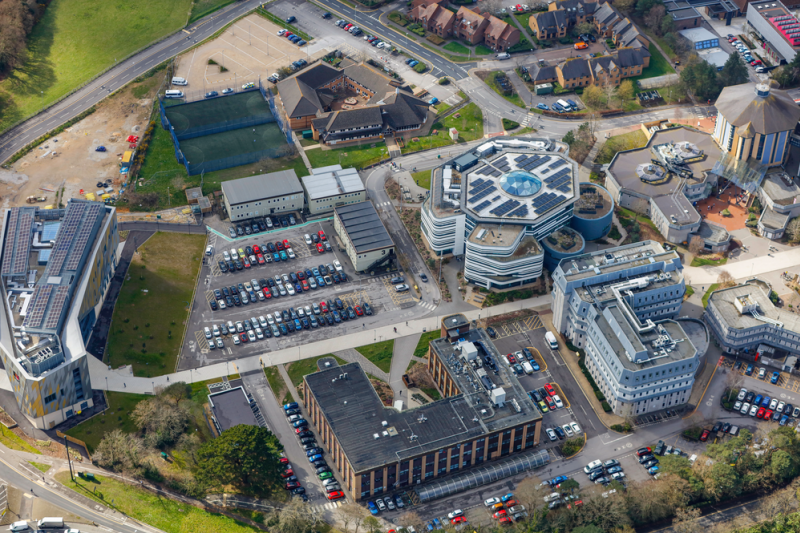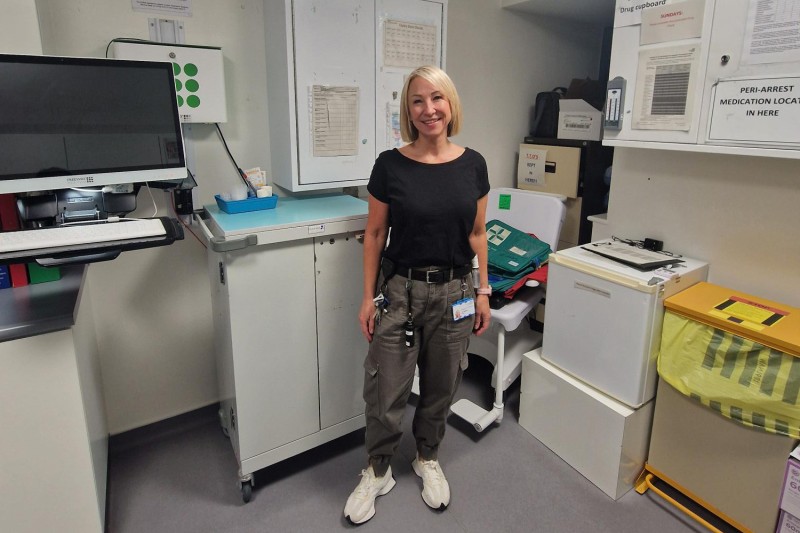A new report, assessing and providing recommendations on disaster management across Sierra Leone, has been launched.
Bournemouth University’s Disaster Management Centre (BUDMC) has worked with the National Disaster Management Agency (NDMA) in Sierra Leone to produce a Final Report of the Evaluating Local Disaster Management in Sierra Leone (EVALDIS) project.
The project, funded by Research England, sought to provide disaster management resilience recommendations for the country to improve dealing with crises, through the NDMA, created in 2020.
The communities of Sierra Leone are becoming increasingly aware of their growing vulnerabilities to disasters. The country experienced flooding in many of Sierra Leone’s cities during August-September 2022, alongside the constant threat of rising numbers of urban fires in the cities and bushfires in the countryside.
Against this dynamic background, the EVALDIS report was launched to provide strategy and direction for the Sierra Leonean government to manage disasters, including the impact of multiple concurrent disasters, by identifying potential single points of failure. The Report is formally endorsed by the Government of Sierra Leone as part of its commitment to evidence-based policymaking.
The EVALDIS Final Report, led by Professor Lee Miles, Deputy Dean of the Business School and Professor of Crisis and Disaster Management at BU, was launched at a prestigious ceremony at the NDMA Headquarters in Freetown on 10 March 2023.

The Report draws on data collected from stakeholder interviews; focus groups from wards across Freetown, covering over 1.2 million people; and a dedicated focus group with NDMA Provincial Officers. EVALDIS also included observations from the national, provincial, district and local disaster management responders as they responded to emergency incidents.
Professor Lee Miles said, “The Report shows that there is an overwhelming consensus that the development of the NDMA’s provincial and district capacities, including the appointment of NDMA Provincial and District Officers, and the creation of NDMA Provincial and District Offices is regarded as a welcome and positive development for Sierra Leone.”
The findings of the EVALDIS report have been widely accepted in the country. As Lt Gen (Rtd) Brima Sesay, the Director-General of the NDMA explained at the event and as reported in the Sierra Leone Broadcasting Corporation (SLBC) news bulletin on 11 March, “With this marvellous research work, I am of the conviction that the 62 recommendations encapsulated in this document will be used to address some of the thematic issues and problems in our disaster management. It will help the NDMA produce Facilitators Guides and a new Regional Strategy document to move the process forward.”
The Report also received major national and international exposure being reported across Sierra Leone’s TV channels and featuring in most of the country’s newspapers as well as on social media.

The EVALDIS Report also concludes there is still more work to be done. As Professor Lee Miles explained, “The Report shows that there are 12 notable areas where single points of failure exist that could lead to breakdowns in disaster management in the provinces, districts, wards and local communities. EVALDIS also shows that that many of them can be fixed”.
The EVALDIS Final report outlines 62 recommendations and immediate action points that are aimed at improving subnational disaster management in Sierra Leone now and in the future.
For further information on EVALDIS please see: Evaluating Local Disaster Management in Sierra Leone (EVALDIS) | Bournemouth University.



